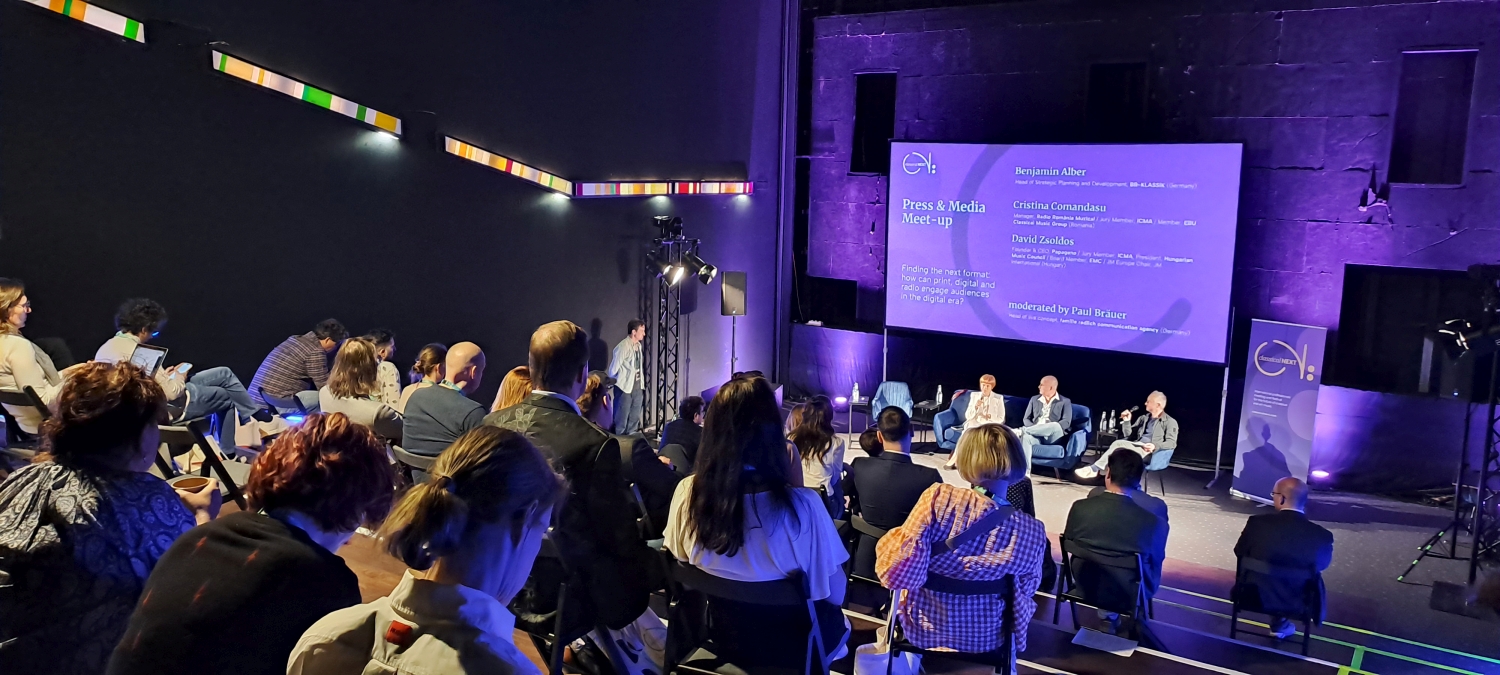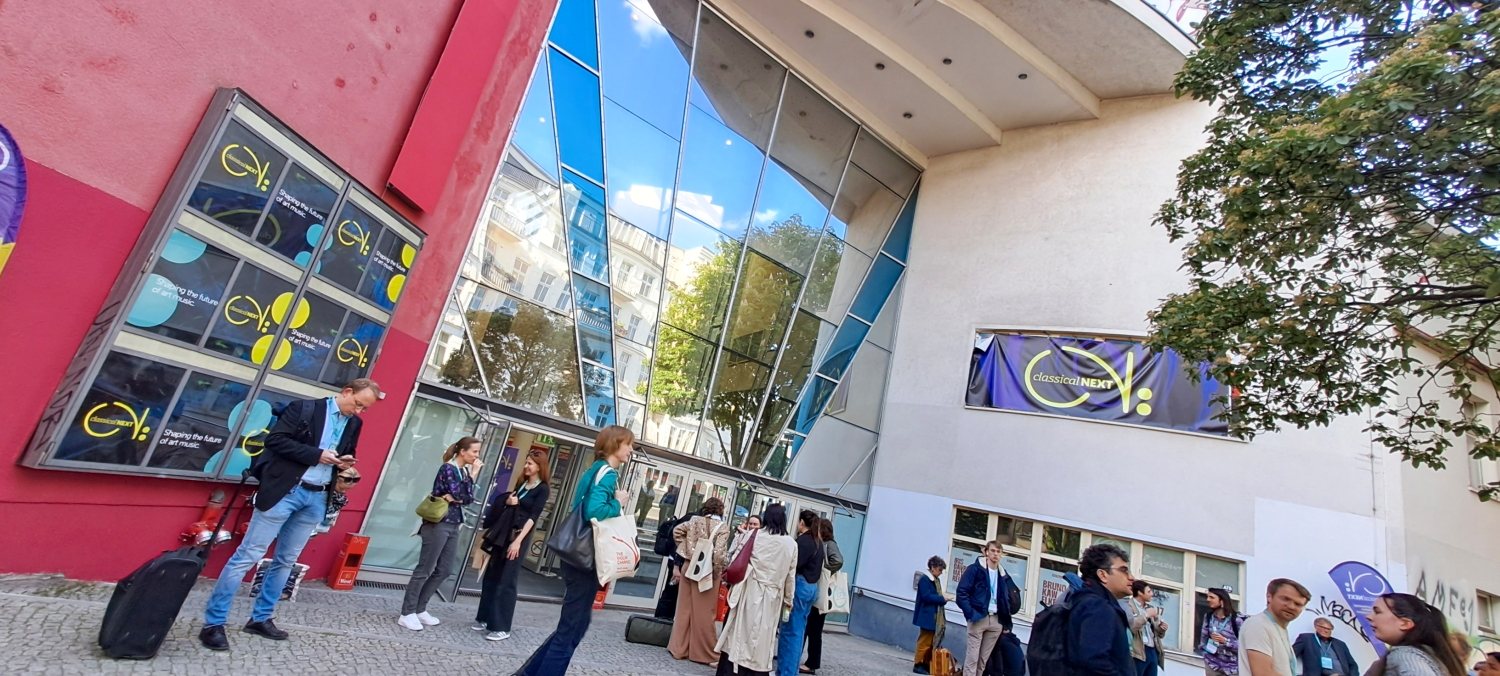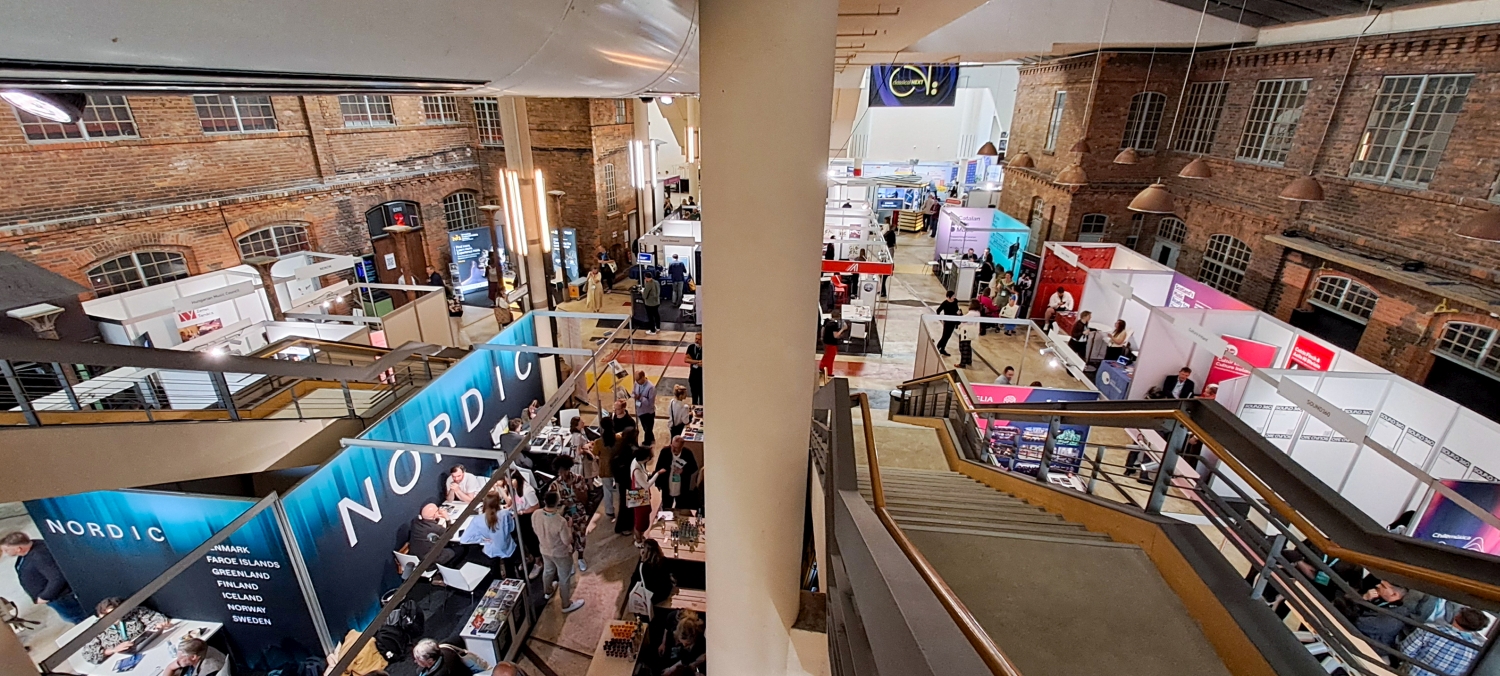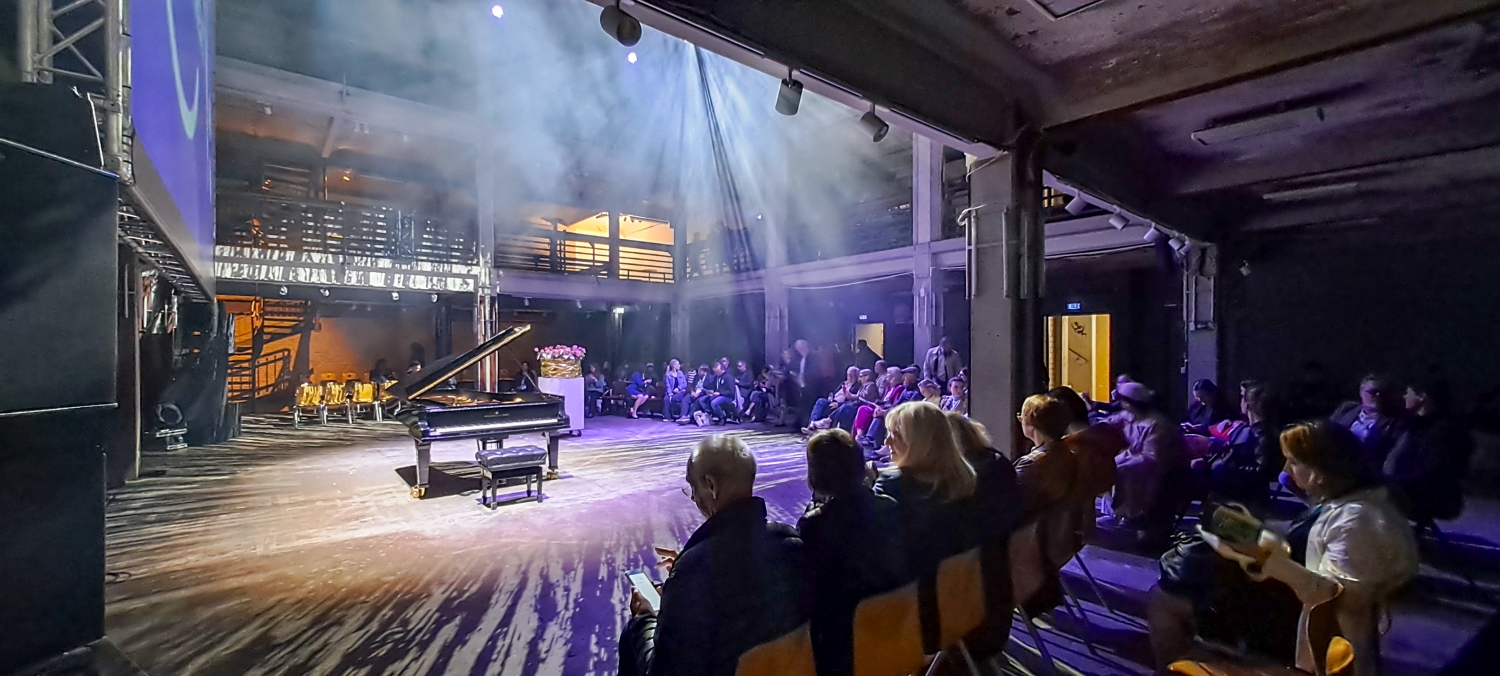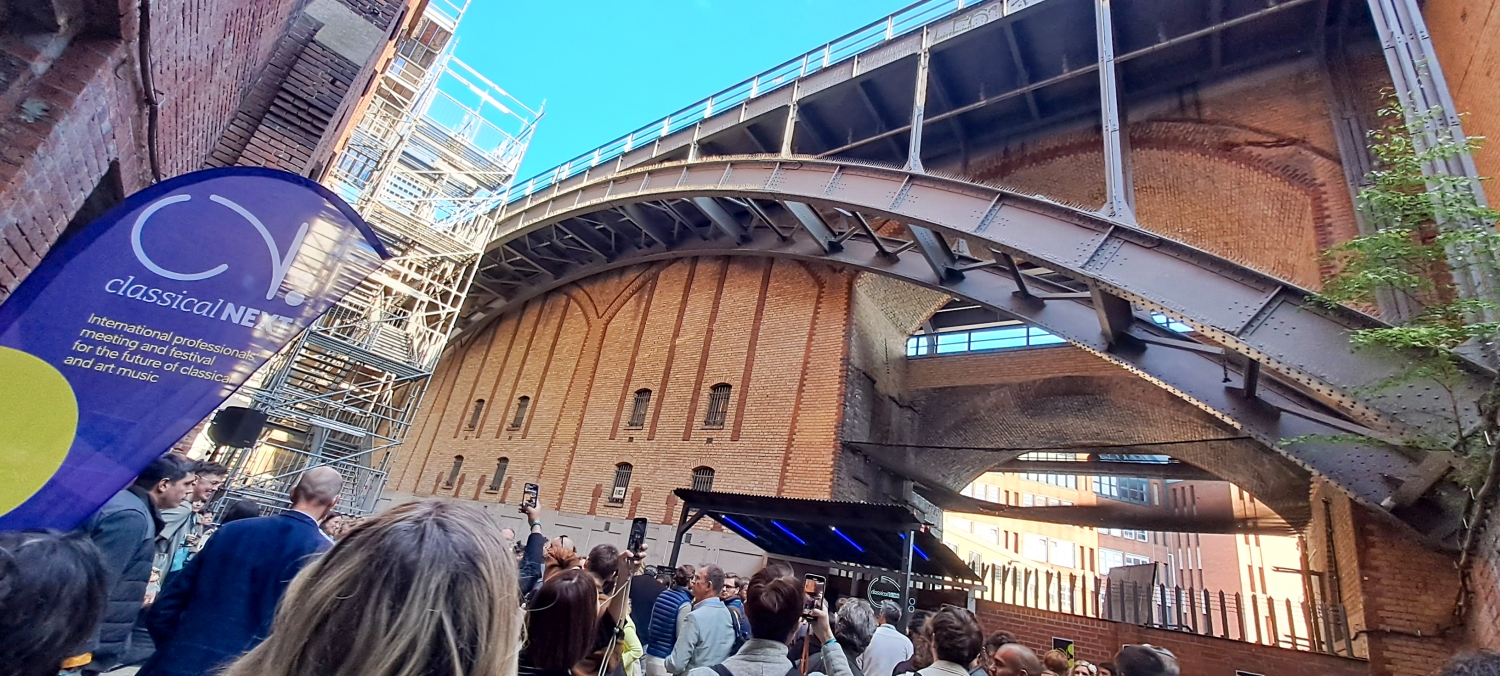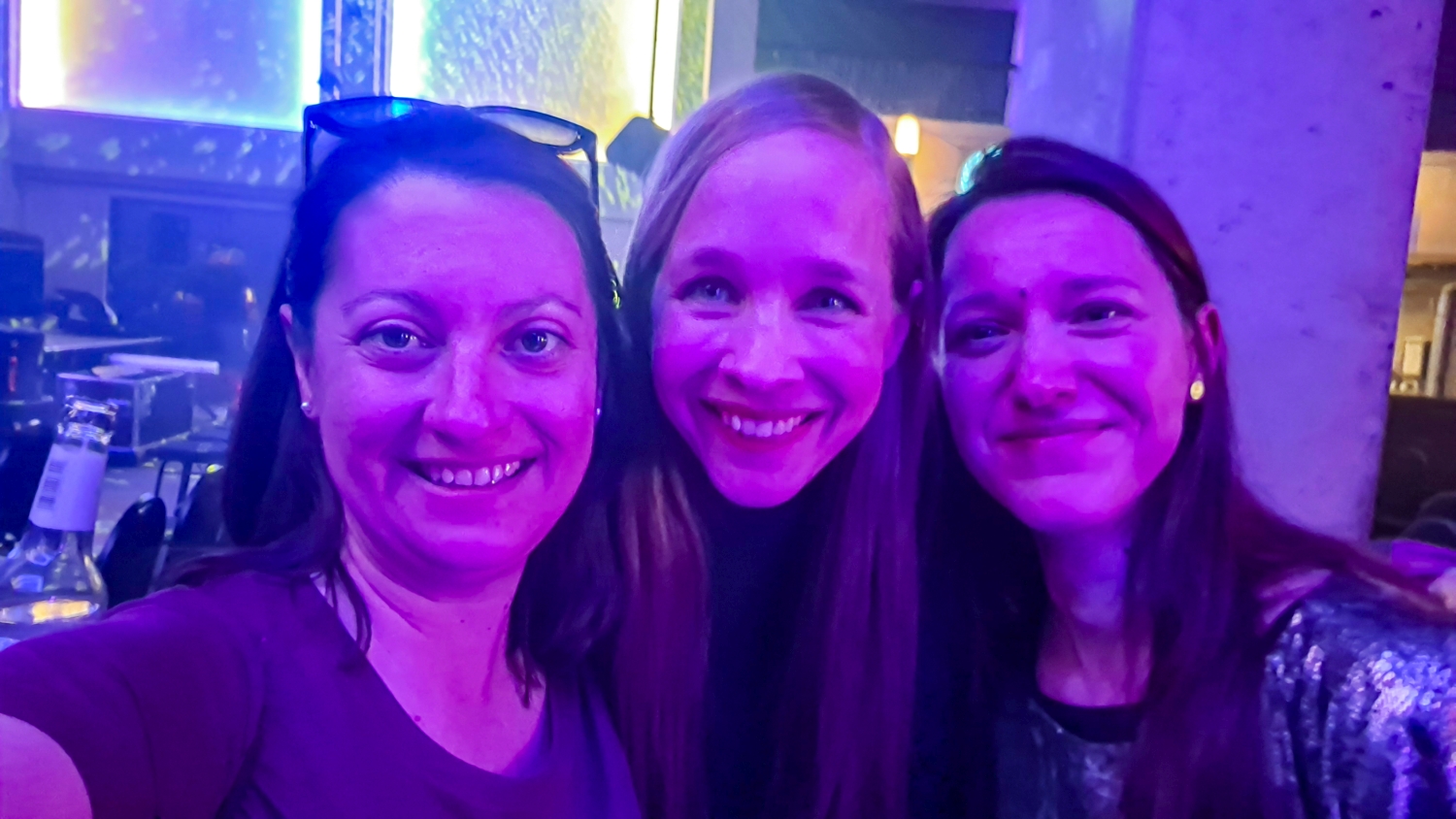Interdisciplinarity in practice – Where Ma.Mu and ImMusic meet
One of the most professionally rewarding moments of the conference was an international session with colleagues from Finland and Canada. The focus was on interdisciplinarity and the future of education: how music can support students with learning difficulties, foster inclusive pedagogy, and how artificial intelligence might play a role in shaping educational programs.
During this session, we presented two of our significant projects: Ma.Mu – Math and Music, which develops music-based support tools for children with dyscalculia, and ImMusic, in which we participated as external testers. The latter explores the intercultural and community-building potential of youth engagement through music.
In Ma.Mu, we developed playful music exercises that support mathematical and logical thinking. As a result, we are producing a practical teacher’s manual and downloadable game set, complete with video illustrations. Meanwhile, ImMusic emphasizes music as a form of self-expression and collective experience, especially for young people exploring intercultural sensitivity and connection. Although their target groups and methods differ, both projects demonstrate the transformative power of music in education and social development.
This session sparked not only fruitful exchanges but also laid the groundwork for future collaborations. It felt energizing to discuss the future of music education in a space defined by openness, creativity, and shared responsibility.
Global Concerns – Music on the Margins
Experiences from the conference painted a sobering but reaffirming picture: music education is being sidelined around the world. Funding is shrinking, and educational policies are shifting their focus elsewhere. In many countries, music is still treated as a “nice-to-have” extra rather than a vital tool for cognitive and emotional development. Yet now, more than ever, it is needed.
Key takeaways echoed across several panels:
- Music can serve as a bridge between societal challenges and education.
- There is still a lack of methodology and tools to support students with special educational needs through music.
- The gap between music and other subjects persists, despite the rich opportunities that interdisciplinary collaboration could offer.
- Parents and policymakers often remain unaware of music’s true value.
As one participant put it: “We must teach the world the value of music before we can hope to change education.”
Familiar sounds in Berlin
Among the showcase performers were two dear friends, Veronika Harcsa and Anasztázia Razvaljajeva, presenting their new project, Schubert NOW!. In this imaginative reinterpretation, Schubert’s songs were transformed with contemporary improvisation, electronic elements, and the intimate interplay of harp and voice. Their performance was a stunning example of how classical heritage can be reimagined in today’s language. Our conversation even sparked thoughts about future collaboration – a welcome moment of connection with fellow Hungarian artists on the international stage.
Every step counts
The most important message we brought home from Berlin? Every small step matters. We must speak about our work. Share our results. And most of all: persist.
It was uplifting to see how our “small steps” from Kecskemét – including Ma.Mu and other initiatives of the Aurin and Miraculum Foundation – resonated internationally.
See You in Budapest!
In 2026, Classical:NEXT will arrive in Budapest. We’re already preparing – with new plans, new partners, and a firm belief that music not only connects us, but opens up new possibilities in education, in communities, and across the world.
